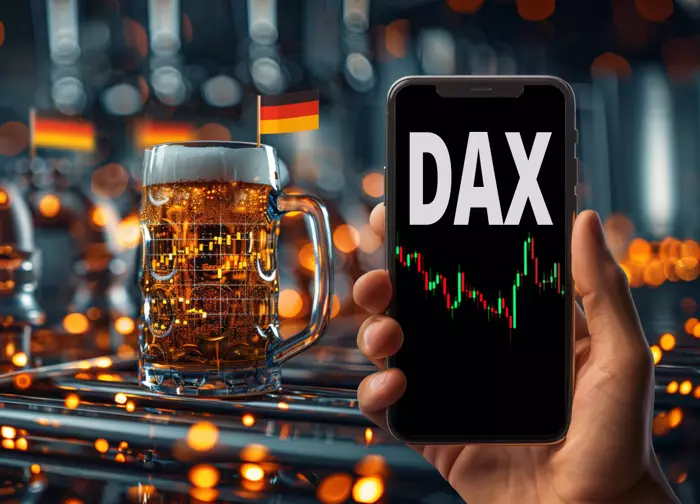The US equity markets experienced a significant turnaround on August 8th, with the Nasdaq Composite Index, Dow, and S&P 500 all posting gains. This was in response to the decrease in initial claims for unemployment benefits, which dropped to 233,000. This data helped allay concerns about the weakening US labor market, as claims remained close to previous levels.
It is important to differentiate between initial and continuing jobless claims. While initial claims represent flows into unemployment (i.e. layoffs), continuing claims reflect the number of people who are currently unemployed. In 2024, while layoffs have remained relatively normal, unemployed workers are taking longer to find new jobs, leading to higher levels of continuing claims compared to previous years.
Investors are advised to pay attention to FOMC member speeches, as their views on the economy, labor market, and Fed rate path can impact buyer demand for DAX-listed stocks. Market trends in the near term will be influenced by corporate earnings, German inflation data, and central bank commentary. Any indications of an upward revision to German inflation could challenge expectations of ECB rate cuts and affect investor sentiment.
The DAX’s position above the 200-day EMA but below the 50-day EMA suggests a bearish short-term outlook but a bullish long-term view. A breakout above 17,750 may lead to a push towards 18,000, while a drop below 17,615 could trigger a test of the 17,003 support level. The 14-day RSI indicates a potential drop to 17,003 before reaching oversold conditions.
Investors are advised to stay updated on corporate earnings releases, German inflation figures, and central bank announcements. USD/JPY trends should also be monitored, as a drop below 145 could raise concerns about a Yen carry trade unwind. Better-than-expected inflation data from China has already boosted Asian markets, setting a positive tone for the European session.
Despite the positive impact of the jobless claims data on US markets, global investors should remain cautious and informed about various economic indicators to manage risks effectively. The interconnected nature of the global economy means that events in one region can have far-reaching effects on markets worldwide. By staying informed and vigilant, investors can make more informed decisions and navigate the complexities of the international financial landscape.

